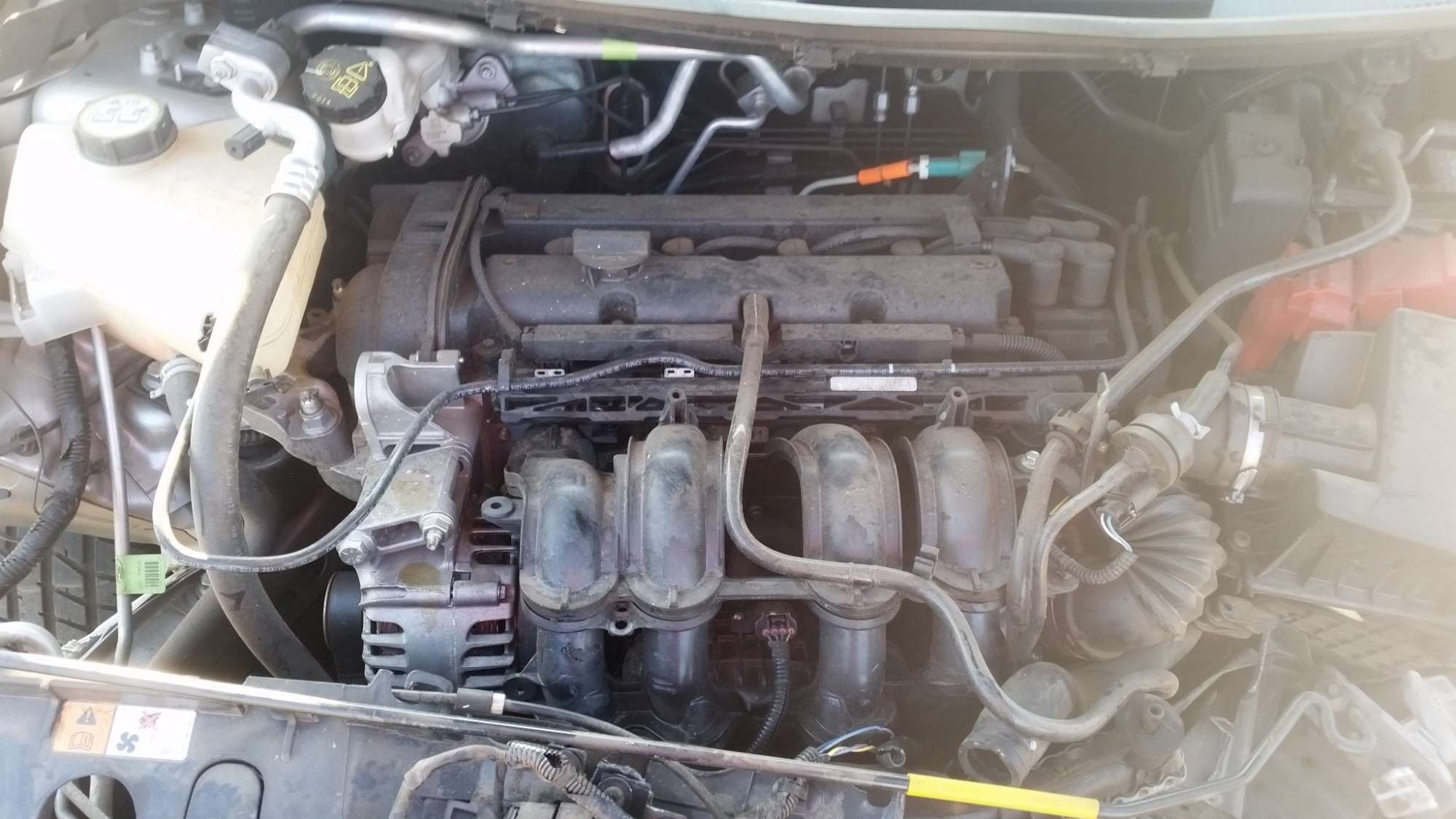Unlocking the Power of Engines: A Comprehensive Guide to Efficiency and Efficiency
Recognizing the detailed technicians of engines is crucial for both efficiency fanatics and daily motorists. The answers may redefine our method to engine performance and performance in methods that are both informing and necessary.
Recognizing Engine Essentials
What constitutes the fundamental technicians of an engine? At its core, an engine is a maker designed to transform fuel right into mechanical energy via a series of regulated explosions or burning processes.
The crankshaft after that transforms this direct motion into rotational energy, which eventually powers the vehicle. The camshaft manages the opening and closing of the shutoffs, managing the consumption of air and gas and the expulsion of exhaust gases. Furthermore, the engine counts on a thoroughly adjusted fuel-air mix, ignition system, and cooling system to make sure optimal performance and performance.
Recognizing engine essentials likewise entails recognizing the relevance of engine cycles, such as the four-stroke cycle, which includes intake, compression, exhaust, and power strokes. Each stage is critical in making sure the engine operates smoothly and successfully. Proficiency of these fundamental auto mechanics prepares for checking out more complicated engine characteristics and efficiency metrics, essential for enhancing both power result and performance.
Key Performance Metrics
Key performance metrics are necessary for evaluating an engine's efficiency and power output, providing valuable insights for both consumers and producers. These metrics act as benchmarks for engine efficiency, enabling educated choices in purchasing, production, and style.
One of the key metrics is horsepower, which evaluates the engine's capability to carry out work over time. Torque, gauged in pound-feet, is another essential metric that shows the engine's rotational force, directly affecting velocity and pulling ability. Gas effectiveness, typically gauged in miles per gallon (MPG) or liters per 100 kilometers (L/100km), assesses how properly the engine converts gas right into activity, affecting ecological considerations and functional costs.
In addition, thermal efficiency measures just how well an engine converts gas power into useful job, exposing understandings into energy losses largely via warm. Exhaust levels, consisting of carbon dioxide and NOx, are likewise critical, reflecting the engine's ecological effect and compliance with regulative criteria.

Tuning Methods for Performance
Tuning methods play a significant function in boosting engine efficiency by enhancing performance metrics recognized in earlier discussions (ford fiesta engine). Different approaches exist to fine-tune an engine, each contributing to enhanced gas economy and lowered discharges
One efficient strategy is readjusting the air-fuel ratio, guaranteeing the engine operates within the optimal combustion routine. A leaner mixture can improve gas performance, however it has to be balanced to protect against misfires or engine knock. Furthermore, reprogramming the engine management system pop over to this web-site can alter criteria such as ignition timing, which better improves effectiveness while preserving power outcome.
An additional vital strategy involves changing the intake and exhaust systems. Upgrading to high-performance air filters and exhaust headers can minimize back pressure, assisting in far better airflow. This allows the engine to take a breath more freely, leading to enhanced combustion efficiency.
In addition, the implementation of advanced tuning tools, like dyno screening, offers accurate information that enables targeted modifications. Routinely monitoring these efficiency metrics ensures that adjusting initiatives generate the wanted efficiency outcomes. Collectively, these strategies not just strengthen engine performance but likewise add to long-lasting sustainability in engine procedures.
Maintenance for Optimum Performance
Regular engine upkeep is important for accomplishing ideal performance and long life. A well-maintained engine not only operates successfully however likewise decreases the danger of pricey repairs and failures. Trick components requiring regular attention consist of oil, filters, belts, and ignition system.
Changing the engine oil check my source at advised periods is critical, as oil lubes relocating components and stops getting too hot. Changing oil and air filters makes sure that contaminants do not hinder engine feature. Overlooking these elements can lead to lowered effectiveness and possible engine damages.
In addition, inspecting and changing worn belts and hose pipes is essential to prevent sudden failings. Timing belts, particularly, must be changed according to the maker's timetable to prevent devastating engine damage.
Ignition system need to also be inspected and changed as required, because they play an important duty in ignition and gas efficiency.
Future Patterns in Engine Innovation
Welcoming improvements in innovation, the future of engine layout is poised to revolutionize efficiency and effectiveness throughout various applications. Hybrid and totally electric powertrains are ending up being increasingly mainstream, providing lowered exhausts and enhanced gas performance.
Additionally, advancements in materials scientific research are resulting in lighter, more powerful elements that boost engine efficiency while minimizing energy usage. Advanced manufacturing methods, such as 3D printing, enable the development of intricate geometries that improve air flow and thermal management, hence enhancing burning processes.
Furthermore, the assimilation of artificial knowledge and artificial intelligence is readied to change engine diagnostics and performance adjusting. These innovations can assess large quantities of information in genuine time, making it possible for anticipating upkeep and customized efficiency improvements.
Final Thought
Finally, unlocking the power of engines needs a detailed understanding of their technicians and performance metrics. Applying effective tuning techniques and sticking to regular upkeep methods substantially improve engine capabilities. As the automobile landscape advances, welcoming future trends in modern technology, including electrification and progressed manufacturing, will be crucial for optimizing performance and efficiency. This extensive strategy not only advantages enthusiasts however also adds to lasting remedies in the realm of auto engineering.
Furthermore, the engine depends on a thoroughly calibrated fuel-air mixture, ignition system, and cooling system to ensure optimal efficiency and performance.
Understanding engine basics additionally entails identifying the value of engine cycles, such as the four-stroke cycle, which includes consumption, exhaust, power, and compression strokes. Proficiency of these basic mechanics lays the foundation for exploring extra complicated engine characteristics and efficiency metrics, vital for enhancing additional resources both power result and performance.

Embracing improvements in modern technology, the future of engine style is positioned to transform efficiency and effectiveness throughout various applications.